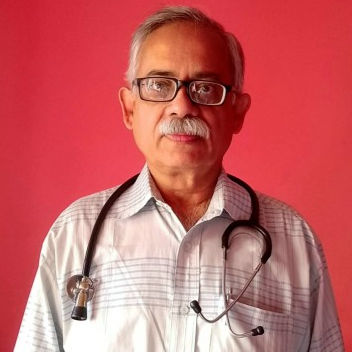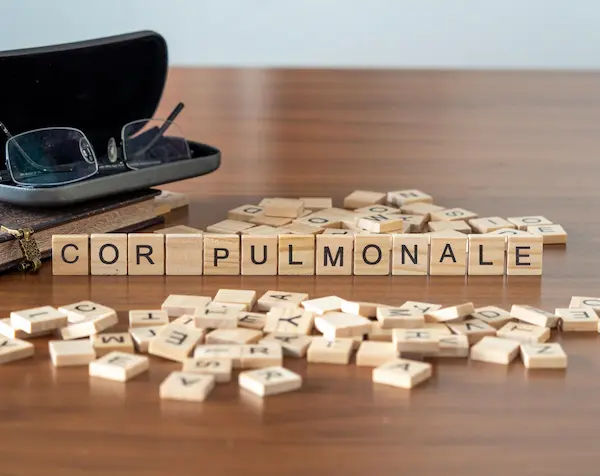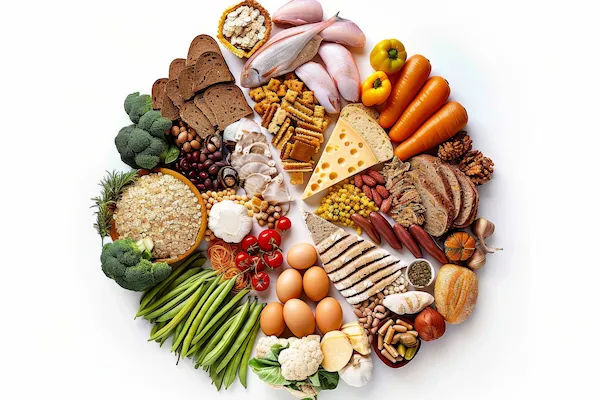Understanding Inflammation: Symptoms, Types, and Treatment
Inflammation is the body’s defense against injury and infection, but chronic inflammation can cause serious health issues. Learn about its symptoms, types, causes, treatments, and natural ways to manage it.

Written by Dr. Vasanthasree Nair
Reviewed by Dr. Rohinipriyanka Pondugula MBBS
Last updated on 13th Jan, 2026

Inflammation is a natural and essential part of your body’s defense system. It helps fight infections, heal injuries, and protect you from harmful invaders like bacteria and viruses. However, when inflammation becomes chronic or excessive, it can lead to various health problems. Understanding inflammation—its symptoms, types, and treatment—can help you manage it better and improve your overall well-being.
What Is Inflammation?
Inflammation is your body’s way of responding to injury, infection, or harmful substances. When something damages your cells, your immune system releases chemicals that trigger blood flow to the affected area, causing redness, warmth, swelling, and sometimes pain. This is called acute inflammation, and it’s a short-term, helpful response.
However, when inflammation persists for weeks, months, or even years, it becomes chronic inflammation, which can harm your tissues and contribute to diseases like arthritis, diabetes, and heart disease.
Common Symptoms of Inflammation
Inflammation can show up in different ways depending on whether it’s acute or chronic:
Acute Inflammation Symptoms (Short-term)
Redness – Due to increased blood flow.
Swelling – Caused by fluid buildup.
Pain – From irritation of nerves.
Heat – The affected area may feel warm.
Loss of function – Difficulty moving the inflamed part (e.g., a swollen joint).
Chronic Inflammation Symptoms (Long-term)
Fatigue – Feeling constantly tired.
Fever – Low-grade, persistent fever.
Joint or muscle pain – Ongoing discomfort.
Digestive issues – Bloating, diarrhea, or constipation.
Skin rashes – Like eczema or psoriasis.
If you experience these symptoms frequently, it’s important to consult a doctor to determine the cause.
Consult a Specialist for Personalised Advice
Types of Inflammation
Inflammation can be categorized into two main types:
1. Acute Inflammation
Short-lived (a few hours to days).
Usually beneficial (e.g., healing a cut or fighting a cold).
Common causes: infections, injuries, burns.
2. Chronic Inflammation
Long-lasting (weeks to years).
Can damage tissues and lead to diseases.
Common causes: autoimmune disorders (like rheumatoid arthritis), long-term exposure to irritants (like pollution or smoking), or untreated infections.
What Causes Inflammation?
Several factors can trigger inflammation, including:
Infections (bacterial, viral, or fungal).
Injuries (cuts, burns, sprains).
Autoimmune diseases (where the body attacks itself, like lupus).
Poor diet (high in sugar, processed foods, or unhealthy fats).
Chronic stress (increases inflammatory chemicals).
Lack of sleep (disrupts immune function).
Smoking and alcohol (increase oxidative stress).
How Inflammation Affects Your Health?
While acute inflammation is necessary for healing, chronic inflammation can harm your body over time. It has been linked to:
Heart disease – Damages blood vessels.
Diabetes – Affects insulin resistance.
Arthritis – Causes joint pain and stiffness.
Digestive disorders – Like Crohn’s disease.
Neurological conditions – Such as Alzheimer’s.
How to Reduce Inflammation Naturally?
You can manage inflammation with simple lifestyle changes:
1. Eat an Anti-Inflammatory Diet
Fruits & vegetables – Rich in antioxidants (berries, leafy greens).
Healthy fats – Omega-3s (salmon, walnuts, flaxseeds).
Whole grains – Brown rice, quinoa, oats.
Spices – Turmeric, ginger, garlic (natural anti-inflammatories).
Avoid – Sugary foods, refined carbs, fried foods, and excessive red meat.
2. Stay Active
Regular exercise (walking, yoga, swimming) reduces inflammation.
Avoid overexertion, which can worsen inflammation.
3. Manage Stress
Practice meditation, deep breathing, or mindfulness.
Get enough sleep (7-9 hours per night).
4. Stay Hydrated
Water helps flush out toxins that can trigger inflammation.
5. Avoid Smoking & Limit Alcohol
Both increase oxidative stress and inflammation.
When to See a Doctor?
If you experience persistent inflammation symptoms, it’s important to seek medical advice. Chronic inflammation may require:
Medications – Anti-inflammatory drugs (NSAIDs), steroids, or biologics (for autoimmune conditions).
Tests – Blood tests (CRP, ESR) to check inflammation levels.
Specialist care – Rheumatologists, gastroenterologists, or immunologists for specific conditions.
Get Your Health Assessed
If you’re unsure about your symptoms, you can book a consultation with a doctor on Apollo 24|7 for expert advice.
Final Thoughts
Inflammation is a double-edged sword; it helps heal but can also harm if uncontrolled. By recognizing the symptoms, understanding its types, and making healthy lifestyle choices, you can keep inflammation in check and protect your long-term health.
If you suspect chronic inflammation, don’t ignore it. Early intervention can prevent complications. Schedule a test or consult a specialist today through Apollo 24|7 for personalized care.
Consult a Specialist for Personalised Advice
Consult a Specialist for Personalised Advice

Dr. Chethan T L
General Physician/ Internal Medicine Specialist
5 Years • MBBS, MD, DNB (General Medicine)
Bengaluru
Apollo Medical Center, Marathahalli, Bengaluru

Dr. Rohinipriyanka Reddy
General Practitioner
9 Years • MBBS
Hyderabad
Apollo 24|7 Clinic, Hyderabad
Dr. Konda Sanjith
General Physician/ Internal Medicine Specialist
4 Years • MBBS,MD(General Medicine)
Manikonda Jagir
Apollo Clinic, Manikonda, Manikonda Jagir

Dr. Pinaki Mukhopadhyay
General Physician/ Internal Medicine Specialist
32 Years • MBBS
Kolkata
MCR SUPER SPECIALITY POLY CLINIC & PATHOLOGY, Kolkata
(25+ Patients)

Dr. Tamal Bhattacharyya
Pulmonology Respiratory Medicine Specialist
8 Years • MBBS, MD (Respiratory Medicine)
Kolkata
MCR SUPER SPECIALITY POLY CLINIC & PATHOLOGY, Kolkata





.webp)